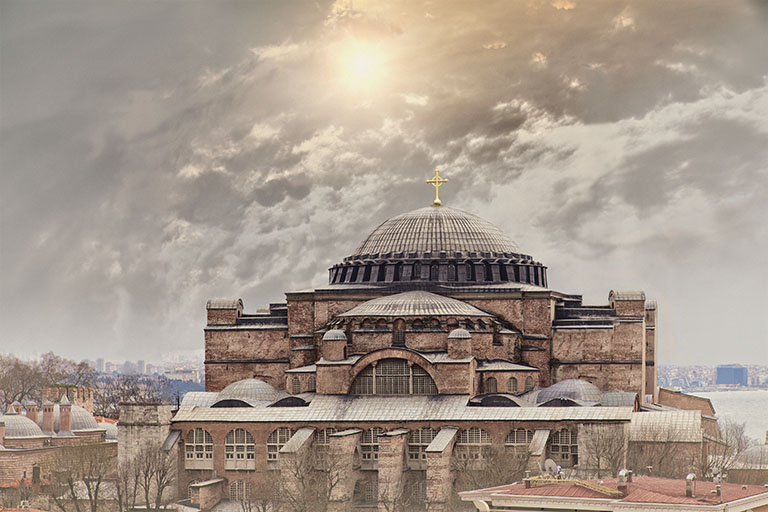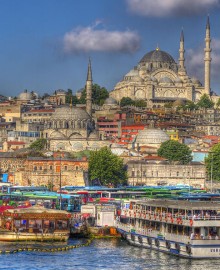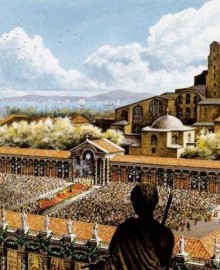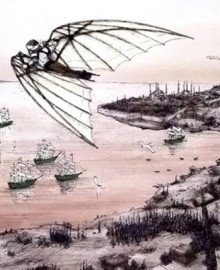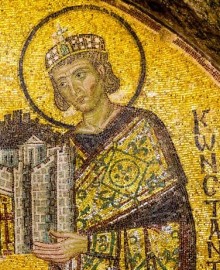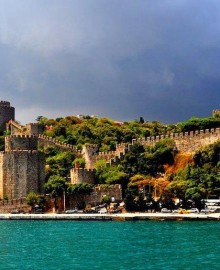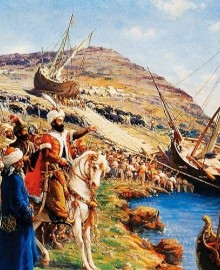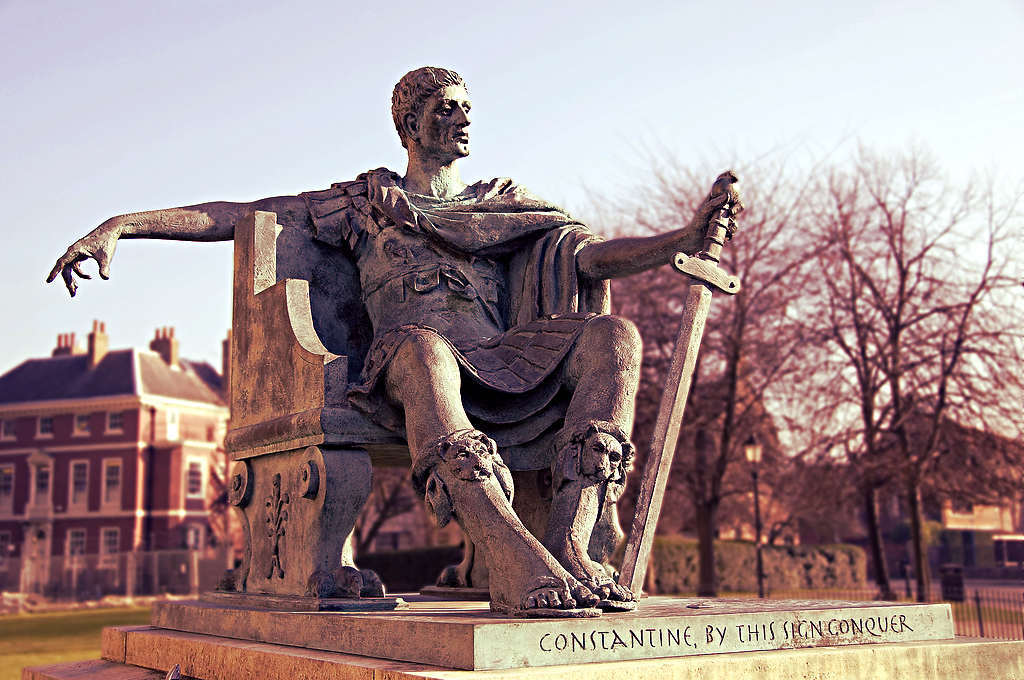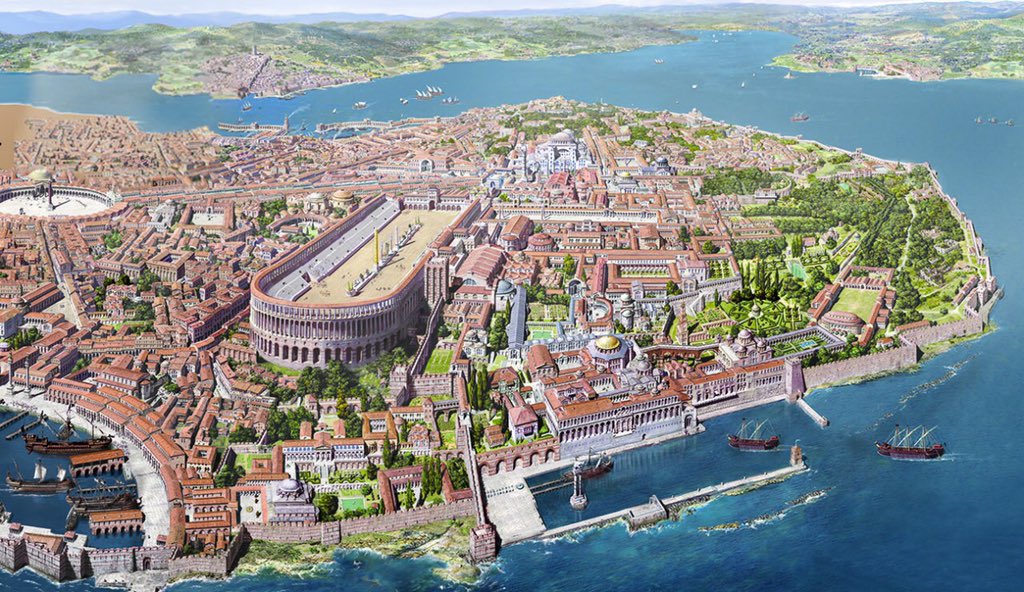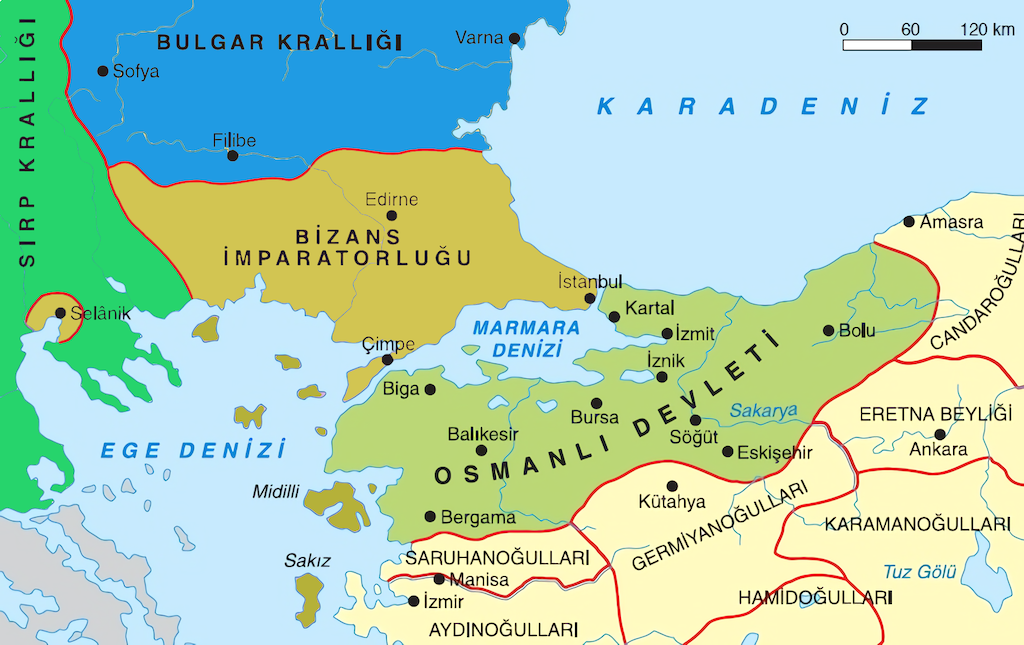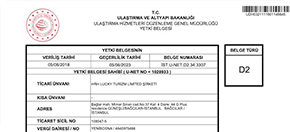Byzantium (Provincial name of Istanbul) was one of the many colonies established along the Bosphorus and Black Sea coasts by Greek settlers from the cities of Miletus and Megara from the end of the 8th century BC. The Persian king Darius captured the settlement in 512 BC; During the 496 Ionian revolt, it was captured by the Persians, but the Persians took it back in a short time. A.C at 478, an Athenian fleet captured the area. As Athens' power waned during the Peloponnesian War, the Byzantines accepted Sparta's sovereignty. Although Alcibiades besieged and recaptured the city, Sparta declared its sovereignty again after defeating Athens in 405 BC. In 343 BC Byzantium joined the Athenian League, and three years later Alexander II of Macedon. He broke Philip's siege. The lifting of the siege was attributed to the divine intervention of the goddess Hecate and commemorated by the minting of coins bearing her star and crescent. Byzantium accepted Macedonian rule under the Great Alexander and regained its independence only with the decline of Macedonian power. In the 3rd century BC, the city's treasury was emptied to pay off the looting Gauls. This free city, attached to Rome, gradually came under imperial control and briefly lost its freedom under the rule of emperor Vespasian. When the usurper Pescennius sided with Niger in AD 196, the Roman emperor Septimius Severus massacred the people, demolished the walls, and subdued the ruins as far as the Turkish city of Perinthus (Herakle, or Marmara Ereglisi)
Later, Septimius Severus rebuilt the city on the same spot but on a larger scale. Despite being sacked again by Gallienus in 268, the city was strong enough to resist a Gothic invasion two years later. In subsequent civil wars and rebellions that occasionally broke out in the Roman Empire, Byzantium remained untouched until the arrival of the emperor Constantine I, who became the first Roman ruler to convert to Christianity. Defeating the army of rival emperor Licinius near Chrysopolis on September 18, 324, Constantine became head of the entire Roman Empire, east and west. He decided to make Byzantium (Istanbul) the capital.


